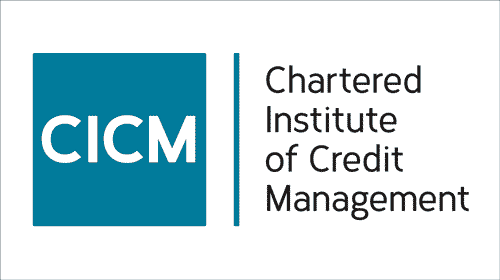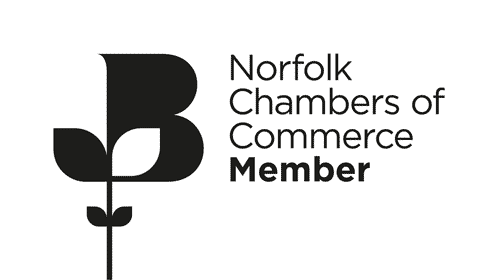Mastering the Art of Credit Control: Tips for Consistent Cash Flow
What is Credit Control?
Credit control is the process of managing customer credit and collecting outstanding payments. It ensures that businesses maintain positive cash flow, whilst reducing the risk of bad debts. Large organisations often have dedicated credit control teams, but for small-to-medium-sized businesses, handling overdue payments can be a challenge.
Top Tips for Effective Credit Control
By implementing strong credit control practices, you can reduce the number of late or missed payments and keep your business financially secure.
- Set Clear Payment Terms from the Start
One of the most effective ways to ensure customers pay on time is by setting clear payment terms before any work begins. Be upfront about your expectations, including:
- Payment due dates (e.g., within 14 or 30 days).
- Late payment penalties or interest charges.
- Accepted payment methods.
Having these terms in writing, either in contracts or invoices, helps prevent misunderstandings and ensures that customers know their obligations.
2. Invoice Promptly and Accurately
Delays in invoicing can lead to delays in payment. To maintain a steady cash flow:
- Send invoices as soon as goods or services are delivered.
- Ensure invoices are clear, accurate and contain all necessary details.
- Use invoicing software to automate reminders for upcoming and overdue payments.
- Offer Incentives for Early Payment
Encouraging customers to pay early can significantly improve your cash flow. Consider offering small discounts for early payments, such as 2% off for payments made within 10 days, for example.
It is also worth noting that implementing late payment fees can deter slow-paying customers.
- Follow Up on Overdue Payments Promptly
If a customer misses a payment deadline, act quickly. A polite, but firm reminder can often resolve the issue before it escalates. Use a structured approach:
- First reminder – A friendly email reminder shortly after the due date.
- Second reminder – A phone call if the payment remains outstanding.
- Final notice – A formal letter stating that further action may be taken.
5. Maintain Good Customer Relationships
While collecting payments is crucial, maintaining positive relationships with your customers is equally important. Adopting a professional and empathetic approach can encourage cooperation. If a customer is experiencing financial difficulties, consider negotiating a payment plan rather than risking non-payment.
6. Outsource to a Professional Credit Control Agency
- Mediation between businesses and customers.
- Professional debt collection services.
- Legal action support if necessary.
- No win, no fee structure.
- As little, or as much support as your business needs.
Contact Us
If you would like to put your business in good stead for the future, then please give us a on call 01603 319034 or email: info@jacksonscrs.co.uk for a free no obligation chat about your needs and how we can help.
Send Payment Reminders
Sometimes, late payments happen due to simple forgetfulness. Sending reminders a few days before and after the due date can be an effective way to keep payments on track. If a client consistently pays late, a direct conversation may help resolve any underlying issues and encourage future compliance.
Monitor Cash Flow
Keeping a close eye on your cash flow helps identify trends in late payments. By regularly reviewing your debtor accounts, you can detect recurring issues and take proactive measures to address them before they become a significant problem
Seek Professional Support
If late payments are consistently affecting your business, then our professional credit management services can help you regain control. Please get in touch if you require further assistance.



